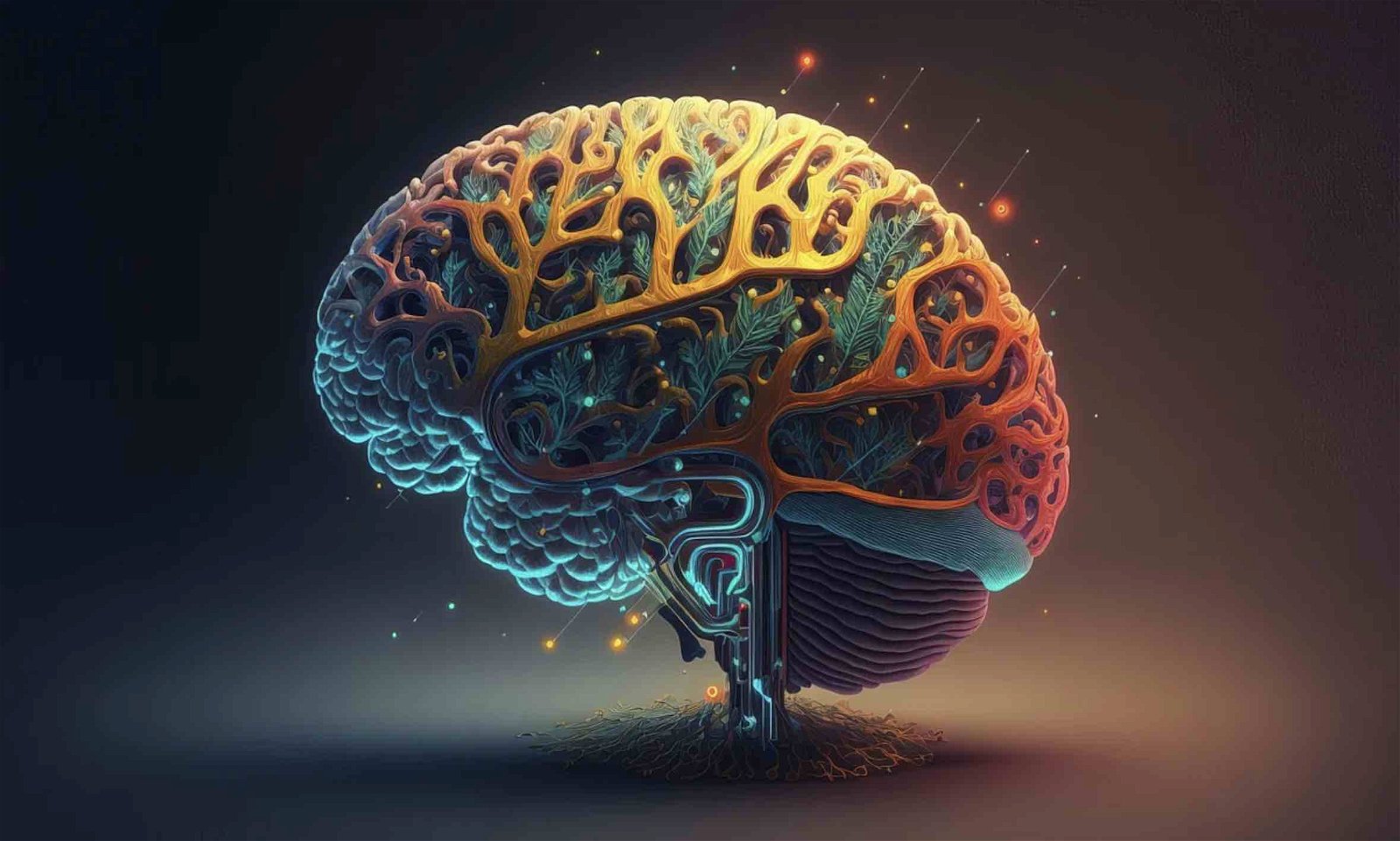Neurologists have long wondered how the human brain processes time. Now, a recent study by UCLA Health has shed new light on how the brain encodes and interprets the flow of time and human experience. It provides the first solid proof of how brain cells combine details about “what” and “when” experiences that help to store memories over time.
Published in Nature, the study examined brain cells and discovered that specific neurons fired off in ways that reflected the participants’ experiences. The researchers found that the brain holds and remembers these firing patterns and can relay them when the individual rests, preparing the brain for similar experiences in the future.
The study’s lead author, Dr. Itzhak Fried, said these findings could help create brain implants to improve memory and other mental functions. They also help artificial intelligence better understand how the human brain works.
“Recognizing patterns from experiences over time is crucial for the human brain to form memory, predict potential future outcomes, and guide behaviors,” said Fried, director of epilepsy surgery at UCLA Health and professor of neurosurgery, psychiatry, and biobehavioral sciences at the David Geffen School of Medicine at UCLA in a press release.
“But how this process is carried out in the brain at the cellular level had remained unknown – until now.”
Dr. Fried’s earlier research used brain scans and recordings to understand how the brain helps us navigate space. This research showed that two areas, the hippocampus and entorhinal cortex, play critical roles. These areas help create a “mental map” of the world. The hippocampus has “place cells” that light up when you are in a specific spot, like marking an ‘X’ on a map. The entorhinal cortex has “grid cells” that measure distances between places. These cells were first discovered in rodents, but Dr. Fried’s team later found them in humans.
The Hippocampus is a complex brain structure deep into the temporal lobe. Studies have shown that specific region within the brain can also be affected by a variety of neurological and psychiatric disorders. But why research the hippocampus as the area of the brain connected to time and experiences?
Additional research has shown that the brain uses similar processes to understand experiences that aren’t related to physical space, like time, sound, and the features of objects. Fried and his team made a fundamental discovery by identifying “concept cells” in parts of the brain called the hippocampus and entorhinal cortex. These cells react to specific people, places, or unique objects and are crucial for remembering things.
The researchers at UCLA enlisted 17 individuals with intractable epilepsy who had previously had depth electrodes implanted in their brains for clinical treatment.
The study involved showing participants a series of images, such as famous people, animals, and landmarks, and asking them to perform tasks like identifying whether an image was of a person. Later, participants viewed smaller images arranged in specific sequences on a pyramid-shaped graph. While doing unrelated tasks, their brain activity was monitored.
The researchers found that specific brain cells in the hippocampus gradually aligned their activity to the sequence of images, even though the participants weren’t told to focus on the order. These brain patterns remained after the tasks, showing how the brain naturally encodes sequences of events.
“This study shows us for the first time how the brain uses analogous mechanisms to represent what are seemingly very different types of information: space and time,” Fried said.
“We have demonstrated at the neuronal level how these representations of object trajectories in time are incorporated by the human hippocampal-entorhinal system.”
Chrissy Newton is a PR professional and founder of VOCAB Communications. She currently appears on The Discovery Channel and Max and hosts the Rebelliously Curious podcast, which can be found on The Debrief’s YouTube Channel on all audio podcast streaming platforms. Follow her on X: @ChrissyNewton and at chrissynewton.com.

